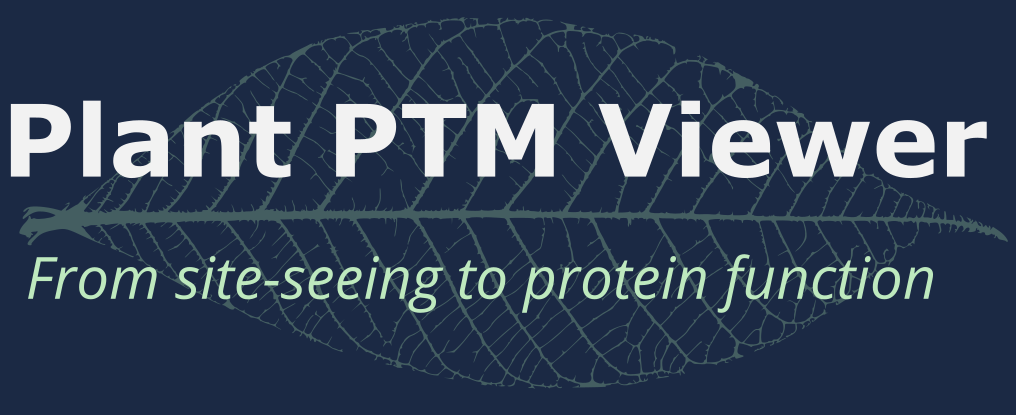Publication Information
Bi et al. (2023)
Abstract
Plant Cell. 2023 Apr 20;35(5):1318-1333. doi: 10.1093/plcell/koad023.
SPINDLY mediates O-fucosylation of hundreds of proteins and sugar-dependent
growth in Arabidopsis.
Bi Y(1), Shrestha R(1), Zhang Z(1), Hsu CC(1)(2), Reyes AV(1)(3), Karunadasa
S(1), Baker PR(4), Maynard JC(4), Liu Y(5), Hakimi A(5), Lopez-Ferrer D(5),
Hassan T(6), Chalkley RJ(4), Xu SL(1)(3), Wang ZY(1).
Author information:
(1)Department of Plant Biology, Carnegie Institution for Science, Stanford,
California 94305, USA.
(2)Institute of Plant and Microbial Biology, Academia Sinica, Taipei 115,
Taiwan.
(3)Carnegie Mass Spectrometry Facility, Carnegie Institution for Science,
Stanford, California 94305, USA.
(4)Department of Pharmaceutical Chemistry, University of California at San
Francisco, San Francisco, California 94143, USA.
(5)ThermoFisher Scientific, San Jose, California 95134, USA.
(6)ThermoFisher Scientific, Somerset, New Jersey 08873, USA.
Comment in
Plant Cell. 2023 Apr 20;35(5):1285-1287.
The recent discovery of SPINDLY (SPY)-catalyzed protein O-fucosylation revealed
a novel mechanism for regulating nucleocytoplasmic protein functions in plants.
Genetic evidence indicates the important roles of SPY in diverse developmental
and physiological processes. However, the upstream signal controlling SPY
activity and the downstream substrate proteins O-fucosylated by SPY remain
largely unknown. Here, we demonstrated that SPY mediates sugar-dependent growth
in Arabidopsis (Arabidopsis thaliana). We further identified hundreds of
O-fucosylated proteins using lectin affinity chromatography followed by mass
spectrometry. All the O-fucosylation events quantified in our proteomic analyses
were undetectable or dramatically decreased in the spy mutants, and thus likely
catalyzed by SPY. The O-fucosylome includes mostly nuclear and cytosolic
proteins. Many O-fucosylated proteins function in essential cellular processes,
phytohormone signaling, and developmental programs, consistent with the genetic
functions of SPY. The O-fucosylome also includes many proteins modified by
O-linked N-acetylglucosamine (O-GlcNAc) and by phosphorylation downstream of the
target of rapamycin (TOR) kinase, revealing the convergence of these nutrient
signaling pathways on key regulatory functions such as
post-transcriptional/translational regulation and phytohormone responses. Our
study identified numerous targets of SPY/O-fucosylation and potential nodes of
crosstalk among sugar/nutrient signaling pathways, enabling future dissection of
the signaling network that mediates sugar regulation of plant growth and
development.
© The Author(s) 2023. Published by Oxford University Press on behalf of American
Society of Plant Biologists.
DOI: 10.1093/plcell/koad023
PMCID: PMC10118272
PMID: 36739885 [Indexed for MEDLINE]
Conflict of interest statement: Conflict of interest statement. None declared.

